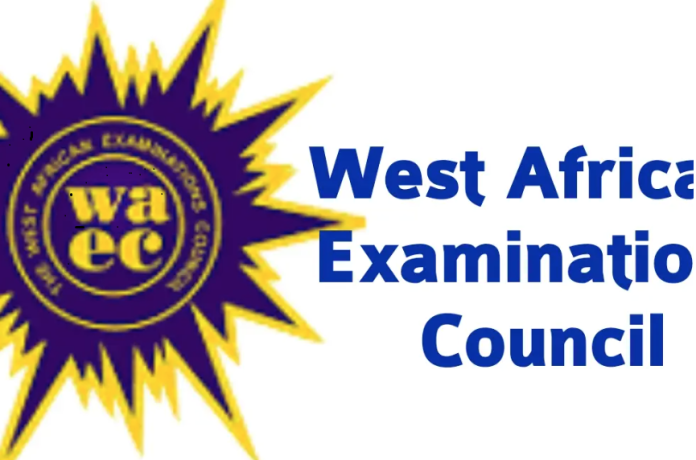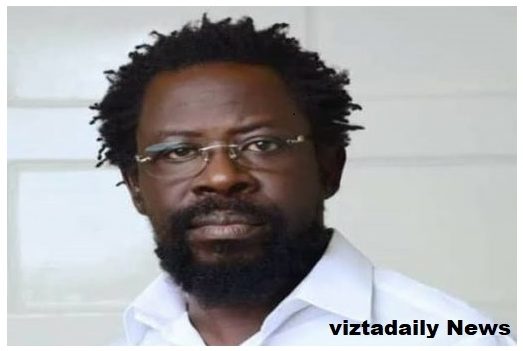Babalola Sowore criticizes Peter Obi for requesting forgiveness on behalf of Farotimi. In his statement, Sowore questioned the sincerity of Obi’s intentions, arguing that seeking absolution for someone else’s actions not only undermines personal accountability but also dilutes the essence of leadership. He further emphasized that true leaders should own their mistakes and not shift the burden onto others.
Sowore raised concerns about the implications of such gestures in the political landscape, suggesting that it sets a dangerous precedent for future interactions among political figures.
He asserted that asking for forgiveness should come from a place of personal responsibility rather than a mere attempt to appease public sentiment.
The ongoing discourse has ignited heated debates among political analysts and supporters alike, with many weighing in on the appropriateness of Obi’s actions. Critics argue that true reconciliation requires acknowledgment of one’s own faults, while supporters of Obi contend that his gesture reflects a commitment to unity and healing within the fractured political environment.
As the dialogue continues to unfold, it becomes increasingly evident that the dynamics of responsibility, forgiveness, and the quest for political integrity remain critical topics within Nigeria’s ever-evolving political narrative.
The debate surrounding Obi’s request for forgiveness has also prompted reflections on the broader implications of political accountability in Nigeria. Many analysts argue that the nation’s political culture has long been marred by a lack of transparency and responsibility, leading to a cycle of blameshifting that ultimately hinders progress.
In this context, Sowore’s critique resonates with those who believe that genuine leadership must be anchored in authenticity and a willingness to confront uncomfortable truths.
Supporters of Obi, however, maintain that his act of seeking forgiveness is a necessary step towards fostering a more inclusive political atmosphere. They argue that in a country still grappling with deep-seated divisions, such gestures can pave the way for dialogue and understanding.
They assert that leadership is not solely about individual accountability but also about healing the wounds of a fractured society. This perspective highlights the complexities of political leadership, where the balance between personal accountability and collective reconciliation is often difficult to achieve.
As this discourse unfolds, it raises pertinent questions about the role of empathy in politics. Can leaders afford to be vulnerable in a landscape that often rewards toughness and invulnerability? Is it possible for politicians to seek forgiveness without appearing weak or insincere? These questions are particularly relevant in Nigeria, where the political arena is often characterized by fierce rivalry and a reluctance to acknowledge past mistakes.
Moreover, the conversation has also drawn attention to the generational divide within Nigeria’s political sphere. Younger politicians and activists tend to advocate for a more progressive approach to leadership that emphasizes accountability and transparency.
While established figures may cling to traditional methods that prioritize loyalty and patronage, This generational tension could play a crucial role in shaping the future of Nigeria’s political landscape as calls for reform grow louder.
As the nation continues to grapple with its political identity, the interplay between forgiveness, accountability, and leadership will remain a focal point of discussion.
The outcome of this dialogue may very well influence not only the relationships among political figures but also the expectations of the electorate, who increasingly demand integrity and authenticity from their leaders.
In this evolving narrative, the actions of politicians like Obi and the critiques from figures like Sowore will undoubtedly shape the contours of Nigeria’s political future.


